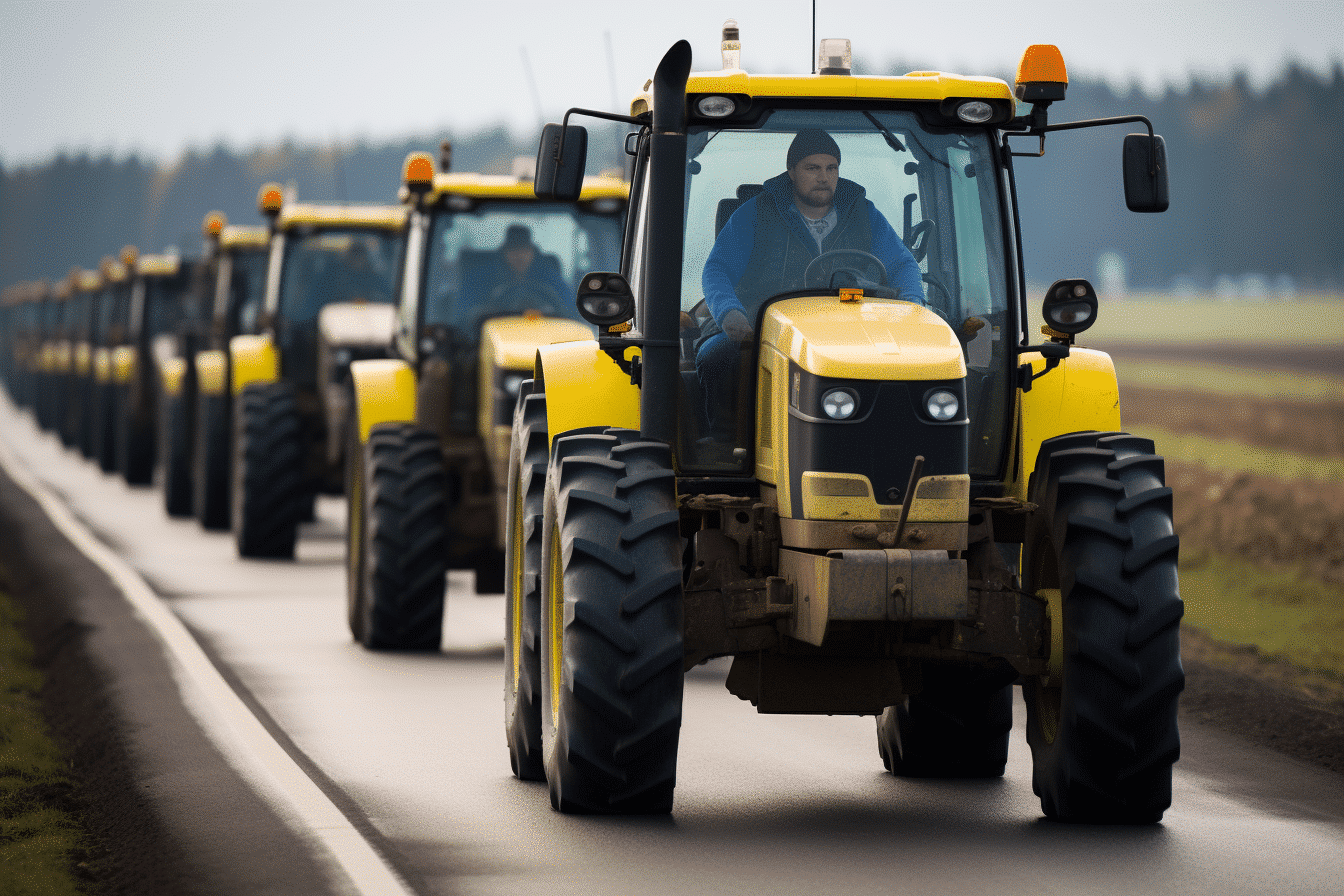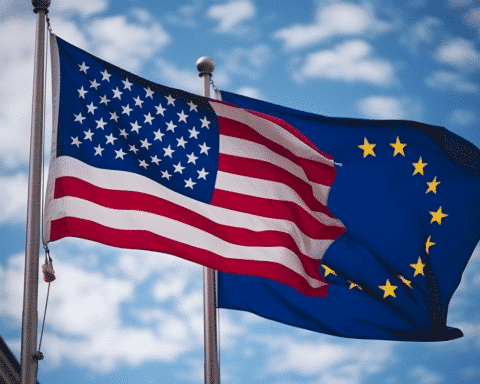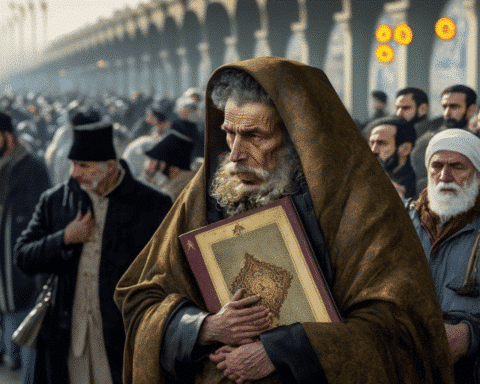Should the EU treaties be renegotiated, the Netherlands should consider an opt-out in the areas of environmental and migration policy, according to the statement from the agrarian protest party Farmers-Citizens-Movement (BBB) in its recently presented election program.
After their unexpected success in the regional elections in March, in which they gained broad support from Dutch farmers and rural voters mainly due to their opposition to the government’s nitrogen policy, the party is now among the frontrunners in the polls for the upcoming national elections.
In their election program, the party believes that “in the event of a renegotiation of the European treaties, the Netherlands should seek a special arrangement [opt-out] for migration and environmental concerns.”
In the past, the party has clearly spoken out against the EU’s environmental policy, particularly with respect to the Dutch commitment to reducing nitrogen emissions. However, their stance on migration has been less clearly defined.
In the program, the party endorses the “introduction of an asylum quota of 15,000 asylum seekers” per year. All asylum seekers beyond this number should be treated under the new EU migration pact agreed upon in June.
BBB also advocates for the processing of asylum applications directly at EU borders and would like to grant expanded powers to the EU Border and Coast Guard Agency, Frontex.
Furthermore, the party calls on EU bordering states to cooperate under the Dublin Agreement, especially regarding migrants who apply for asylum in the first EU country they enter.
“Currently, we observe that countries on the outer borders do not comply with this agreement because it does not meet their expectations. However, consistent implementation is essential for effective cooperation,” the party emphasizes.
Environmental Policy
On the EU environmental policy, BBB still has reservations about regulations and initiatives such as the Nature Restoration Law and the Flora-Fauna Habitat Directive.
“Before agreeing to the Nature Restoration Law, we will analyze its socio-economic impacts to have the opportunity to adjust our strategy to the potentially negative effects of this law,” says the party.
At the same time, it argues for a review of the “Natura 2000” protected areas, believing that the currently defined areas are too small and fragmented. This leads to “excessive and expensive restrictions and increased pressure on the neighboring environment.” Instead, the party aims for “Natura-2000 areas large enough to sustain themselves.”
Food Security
Parallel to the Natura-2000 areas, the party demands the establishment of so-called Food-2050 zones to ensure food security in the EU.
“Certain areas (farmland and fishing regions) are essential for food production. These zones should be defined by the respective countries and their productive agricultural use should be protected,” the party states.
Moreover, Dutch agriculture and its food production should play a more prominent role in foreign policy, BBB emphasizes.
“Active engagement in cooperation with NATO and the EU is fundamentally important because we are aware that our geopolitical position is unique, and the sectors of industry, agriculture, and water management are of crucial importance. […] In a world where sanctions are commonplace and international borders are increasingly closed, the Netherlands, together with neighboring countries, forms the food and supply center of the West,” the party concludes.




